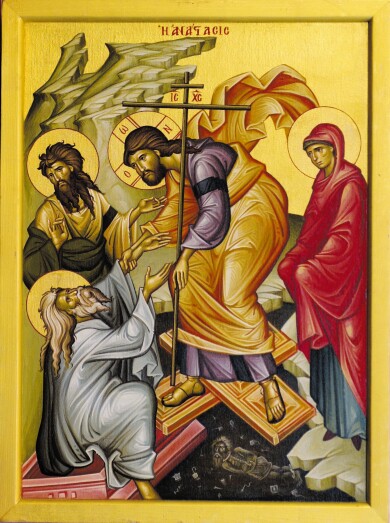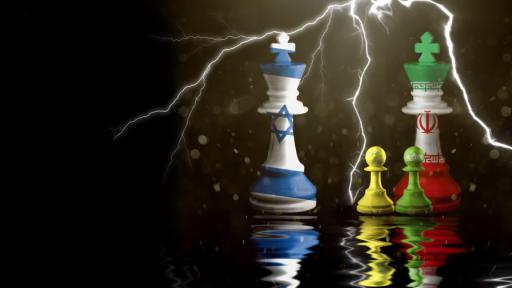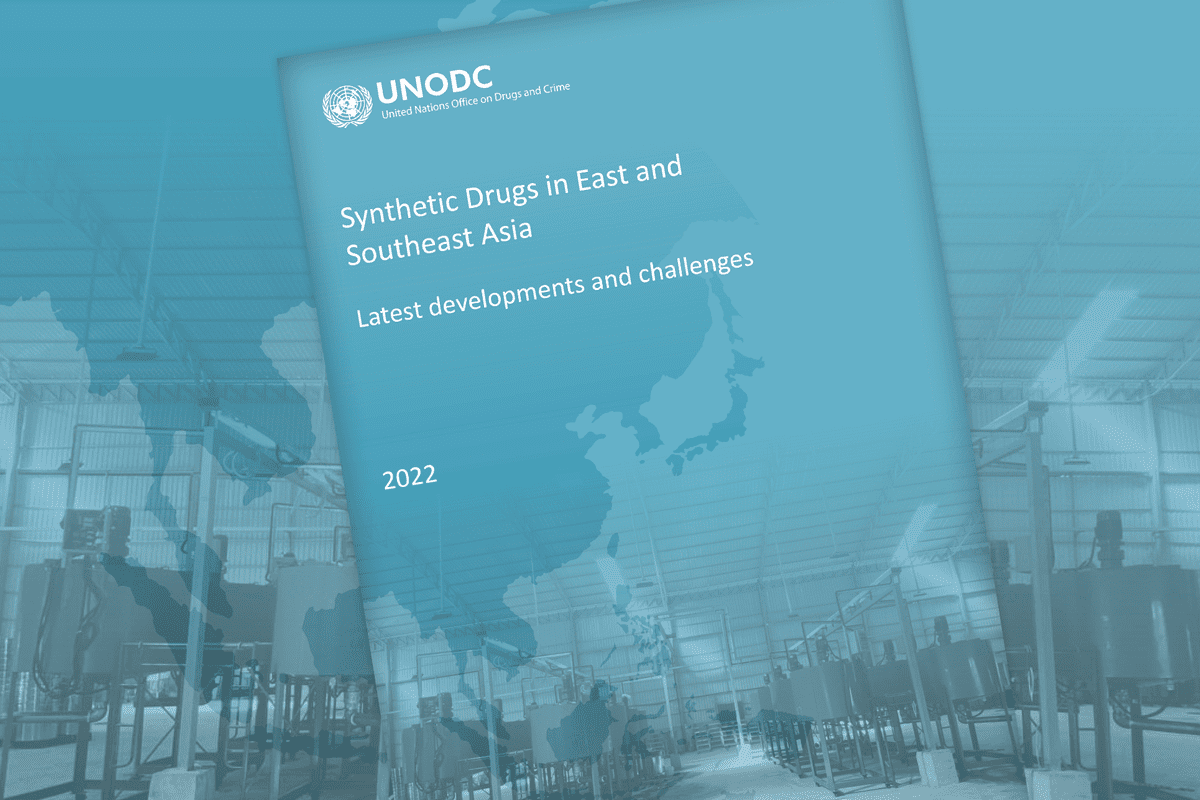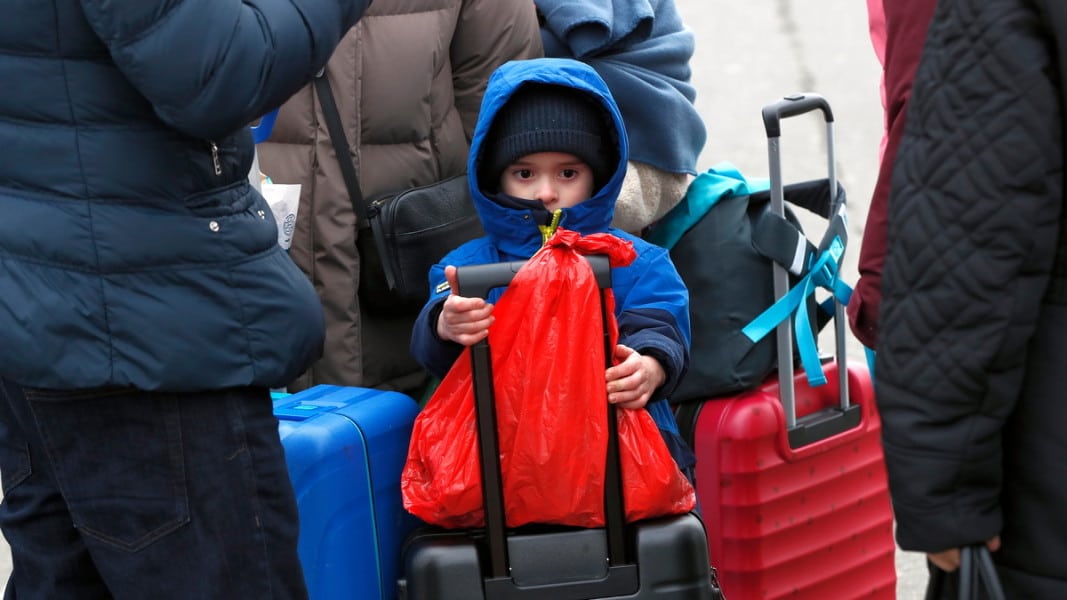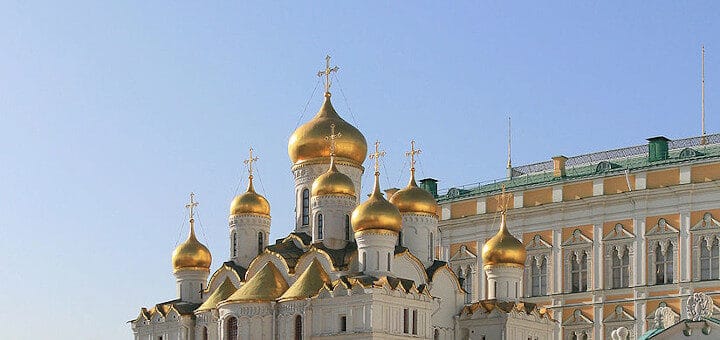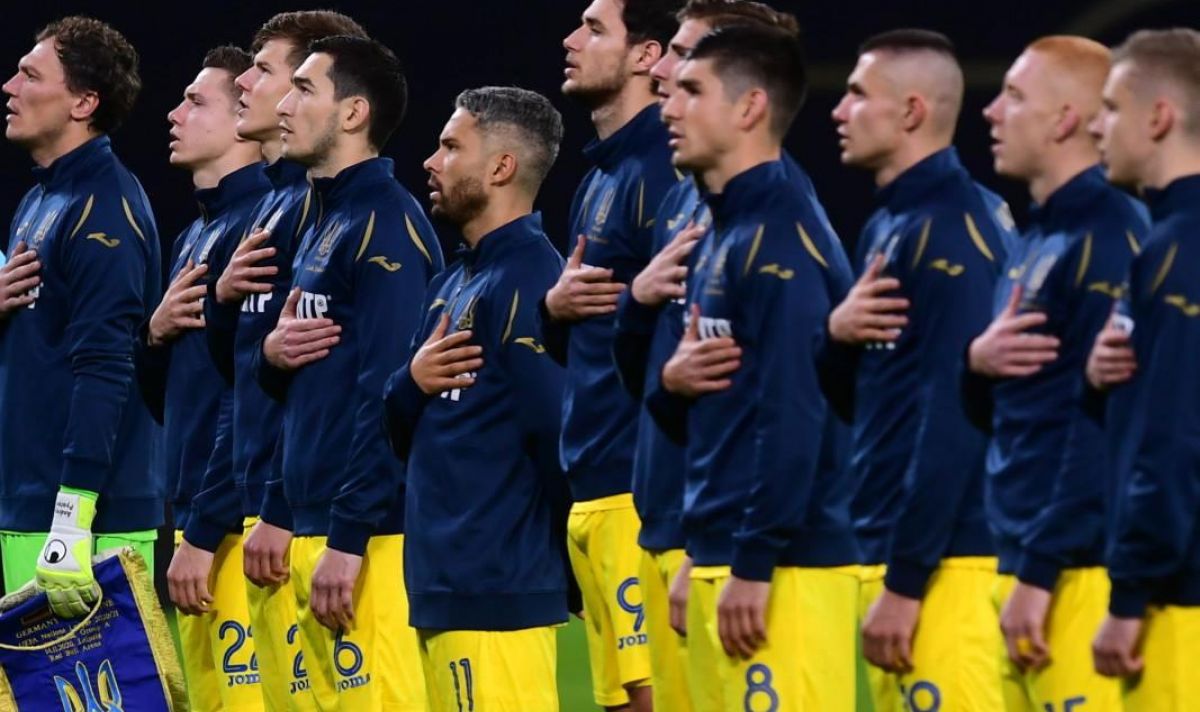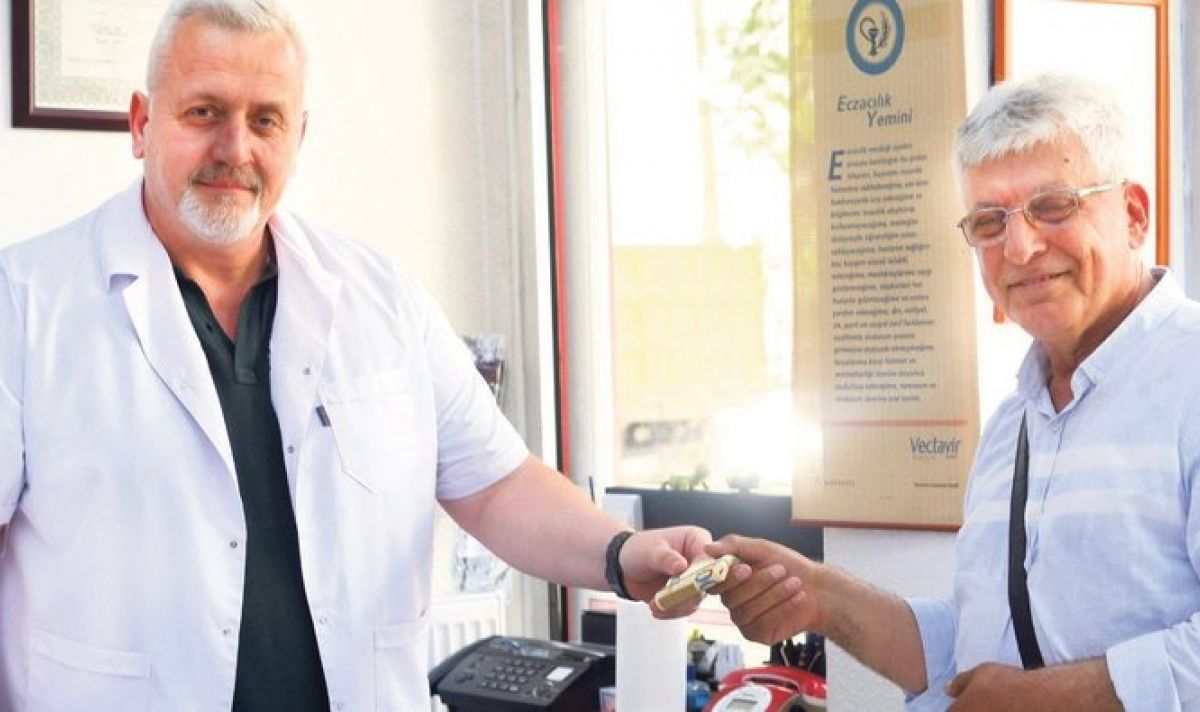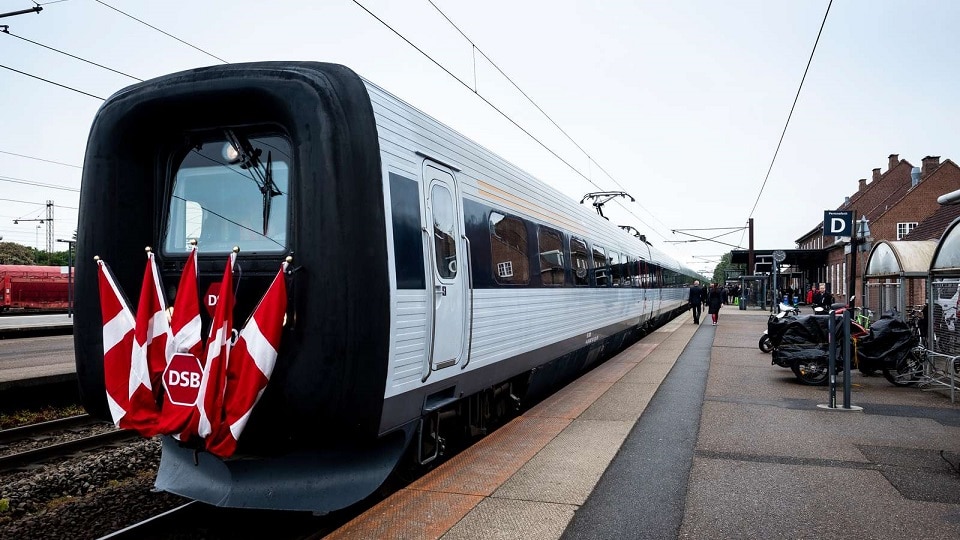The brother asked the old man, “What good deed should I do and live with him?” Abba replied, “Are not all works equal? Elijah loved silence — and God was with him; David was meek – and God was with him. Therefore, beware: what your soul wants to do for God, do it and keep your heart ”.
Abba Diadoch says: “Just as in the bathroom the often opened doors quickly let the steam out, so the soul, if it wants to speak often, although it says good things, loses its own warmth through the door of the tongue.”
Brother asked Abba Pimen: “I have committed a great sin and I want to repent for three years.” “It is a lot,” Pimen told him. “Or at least a year,” said the brother. “And that’s a lot,” the old man replied again. Those who were with the old man asked, “Isn’t forty days enough?” “And this is a lot,” said the old man, “if a man repents with all his heart and no longer sins, God will accept him in three days.”
He does not fight with all thoughts, but only with one. Whoever forges a piece of iron knows what he wants to do – a sickle or a sword or an ax. In the same way, we must think about which virtue to embark on so that we do not work in vain.
Two old men lived together and there was never a quarrel between them. They said to one another, “Let us strive like other men.” And he replied, “I don’t know what a quarrel is.” The other responds, “Here, I’ll put a brick in the middle and say, ‘It’s mine,’ and you’ll say, ‘No, it’s mine,’ and that’s how it starts.” That’s what they did. And one of them said, “It’s mine.” The other said, “No, it’s mine.” And the first one said, “Yes, yes, it’s yours, take it and go.” And they separated, and could not begin to quarrel with each other.
Humility means not competing with others… An old man was asked: what is this humility? The old man said, “When your brother sins against you and you forgive him, even before he repents before you.”
If you resent someone by reprimanding someone, then you satisfy your passion. In this way, in order to save the other, try not to destroy yourself.
Abba Isaac condemned a sinful brother. After his death, an angel appeared before Isaac, holding the soul of the deceased over a lake of fire, and asked, “Behold, you have condemned him all your life, so God sent me to you, saying, ‘Ask him where he will command me to cast the fallen.’ brother? ”. Terrified, Isaac exclaimed, “Forgive my brother and me, Lord!”
A brother, angry with another, went to Abba Sisoy and said to him: “Whoever insulted me, I want to take revenge on myself.” And the old man exhorted him: “No, child, you better let God take revenge.” The brother said, “I will not calm down until I take revenge on myself.” Then the old man said, “Let’s pray, brother!” And when he got up, he began to pray: “God! God! We do not need Your care for us, because we repay our revenge. The brother, hearing this, fell at the old man’s feet and said: “I will not sue my brother, forgive me!”
He who, being offended, does not retaliate with the same – he lays down his soul for his neighbor.
Abba Anthony said, “I no longer fear God, but I love Him because perfect love banishes fear.” Love is a reflection on God with constant thanksgiving… How can one receive the gift of loving God? If one sees his brother in sin and prays to God for him, then he will receive enlightenment on how to love God.
One brother asked Abba Pimen, “What does it mean to be angry with your brother in vain?” “You are angry in vain for every evil thing – even if it pierces your right eye. But if anyone tries to turn you away from God, he is angry with that person. “
“How to live with the brothers?” “Like the first day you came, and don’t be too free in relationships.”
Another old book – “Soul teachings” by Abba Dorothea from the VI century.
“I remember once we talked about humility. One of the noble citizens of Gaza, hearing from us that the closer a person gets to God, the more wrong he feels – he wondered and asked how this was possible. I told him: “What do you think in your city”? He replied, “I consider myself a great man and a leader in the city.” I tell him, “What if you go to Caesarea, what will you think of yourself there?” He replied, “For the last of the nobles there.” “Well,” she tells him again, “if you go to Antioch, what will you consider yourself there?” “There,” he replied, “I will consider myself a commoner.” “Well,” I say, “if you go to Constantinople and approach the king, what will you begin to think of yourself there?” And he said, “Almost poor.” Then I said to him, “Behold, so the saints, the closer they get to God, the more wrong they feel.”
What does humility and pride mean? – Like trees, when they are full of fruit, the fruits themselves bring the branches down, and the branch without fruit tends upwards and grows straight. There are some trees that do not bear fruit while their branches grow upwards.
Humility is between pride and humility. Virtues are the royal road, the middle.
Who, having wounds on his arm or leg, is disgusted with himself or cuts off his limb, even if it is festering? Wouldn’t he rather clean it or wrap it in a band-aid? So we must sympathize with each other.
To rebuke is to say of a person, “Someone lied to her.” And to condemn means to say, “Who is a liar?” Because this is a condemnation of his very soul, a sentence for his whole life. And the sin of condemnation is so much greater than any other sin that Christ Himself said, “Hypocrite, first take the beam out of thine own eye; and then shalt thou see how to take the straw out of thy brother’s eye” (Luke 6: 42), and he compared the sin of his neighbor to a straw, and condemnation to a beam.
I have heard of a brother who, going to someone’s cell and seeing that it was cluttered, said to himself: to arrange ”. And when he went to another and saw that the cell was tidy, he said to himself, “As pure as this brother’s soul is, so pure is his cell.”
We must be ready for every word we hear, to say, “I’m sorry!”
Anyone who prays to God, “Lord, give me humility,” should know that he is asking God to send someone to offend him. “
Several times in the Brotherhood Gazette (published by the Russian Baptists) I came across statements with the following wording: “An ancient Christian says:…”. Quotes from John Chrysostom usually follow. I am, of course, glad that some of the thoughts of this great theologian appeal to Protestants. But I would still expect them to follow the Apostle Paul’s command more literally: “Remember your teachers” (Heb. 13: 7). At least mention their names. I will allow myself to recall at least three quotes from St. John Chrysostom: “If someone starts digging the dump when you pass by, tell me, won’t you start scolding or reproaching him? Do the same with her detractors. ” “Has anyone taken your estate?” He has damaged not the soul but the money. If you are spiteful, you will harm your own soul… ”. “Put on a shoe bigger than your feet and it will harass you, because it will prevent you from walking: so the house, wider than necessary, prevents you from walking to heaven.”
And these are crumbs from the legacy of St. Chrysostom’s namesake – the Venerable John of the Ladder: a man left alone, as if arguing and angry with his offender… He who says that he loves the Lord but is angry with his brother is like a man who in a dream thinks he is running… Vanity clings to everything: I am when I fast, but when I leave the fast to hide my abstinence from people, I am still conceited, considering myself wise. I start talking and I’m overwhelmed by vanity. If he is silent, I am defeated by him again. No matter how you throw this trident, it will always stand with the blade up.
In general, there are myths about Orthodox monasticism, there is monasticism itself, and there is an Orthodox understanding of the Christian life in general and monasticism in particular. And many of what the monks understood about man are found in themselves and other people who have taken the path of struggle against sin. And much of what the monks advise is not just about the novices. And not “pagan influence”, not “Platonism” and not “Gnosticism” is hidden in those words of Isaac Sirin, with which he expresses the essence of monasticism: “The perfection of the whole feat consists in the following three things: repentance, purity and in cultivation practice. What is “repentance”? – To leave the old and the grief over it. What is “purity”? – In short: the heart that caresses every created nature. What is this “caressing heart”? – when the heart burns for all creation, for people, for birds, for animals, for demons and for every creature, for the wordless and for the enemies of the Truth and so that they can be purified and preserved – one should pray with great pity, aroused immeasurably in his heart, so that in this he may become like God. It’s just the gospel. But that Gospel which is not closed by the last letter written in it, but is revealed and germinated in new and new hearts through all ages and cultures. That Gospel which continued its life in Tradition. In Orthodoxy. And this experience in the search for Christ, his acquisition, his retention, the Orthodox tradition preserves, embodied in thousands and thousands of destinies, stories, testimonies. This heritage is open, accessible. You don’t even have to become Orthodox to get to know him. All you have to do is show interest. And there, according to the knowledge of the world of the Fathers, maybe Lord will awaken in your heart a desire to enter this world and to become its living part.
Author: Prof. Andrey Kuraev
Andrei Kuraev is a professor at St. Tikhon’s Orthodox Theological Institute. Titus in Moscow, Head of the Department of Theology and Apology, Senior Research Fellow Member of the Department of Philosophy of Religion and Religious Studies at the Faculty of Philosophy aunt of the Moscow State University.
Source: Prof. Andrei Kuraev, – In: SVET magazine, Issue 1/2022 – Seemingly piety.



